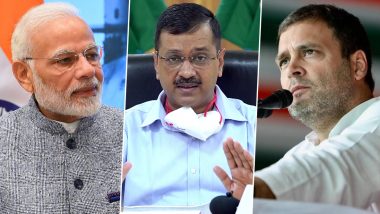Melbourne, Apr 4 (PTI) India's domestic stockpile of pulses could deplete to critical levels by the end of this year and the country will be back into the market to restore its supplies, which will create an opportunity for Australia to capitalise on the situation following strict import tariffs, according to an official of Australian pulse growers' body.
India, in 2017, implemented a number of tariffs on imported chick peas, a 30 per cent duty, and lentils in a bid to protect domestic production.
"Their stockpile is diminishing. By the time we come around to the end of our season, India will be back into the market to restore their supplies, and we hope Australia can be a part of that equation," Pulse Australia chief executive Nick Goddard was quoted as saying in a media report.
Pulse Australia is a peak industry body that represents all sectors of the pulse industry, from growers and agronomists through to researchers, merchants, traders and exporters.
Goddard said Prime Minister Narendra Modi was looking to woo the farming community, which form a large constituency, in the backdrop of upcoming general elections.
"Modi's party has a large constituency of farmers. Supporting the farmers is very important to him. India was sitting on a lot of chick peas at the start of last year, and the tariffs came on to provide price support for growers," he said, adding "It's unfortunate for us, but it's understood."
However, he said that the stockpile could diminish giving Australia a chance to get back in the Indian market.
He said he also doesn't foresee an immediate reaction after the election.
"I don't really see any major change from a tariff or non-tariff perspective. In the meantime, their supplies are being eaten into. By the end of the year, they will be back into the market, and looking to supplement their domestic stocks," Goddard added.
With winter crop sowing approaching, Goddard said demand for animal feed was still strong and that it was expected to see a swing towards those to support the feed market.
"The drought doesn't end overnight, animals still need to be fed," Goddard said.
"Internationally, there's a global shortage of faba beans. Global silos for faba beans could be empty by the end of April. There's a huge need to restock the supply chain, let alone supply markets in the Middle East."
"Probably favour the easier to grow wheat and barley, with the expectation India will return to the market by the end of the year, that gives more confidence than this time last year," Goddard said.
(This is an unedited and auto-generated story from Syndicated News feed, LatestLY Staff may not have modified or edited the content body)













 Quickly
Quickly





















